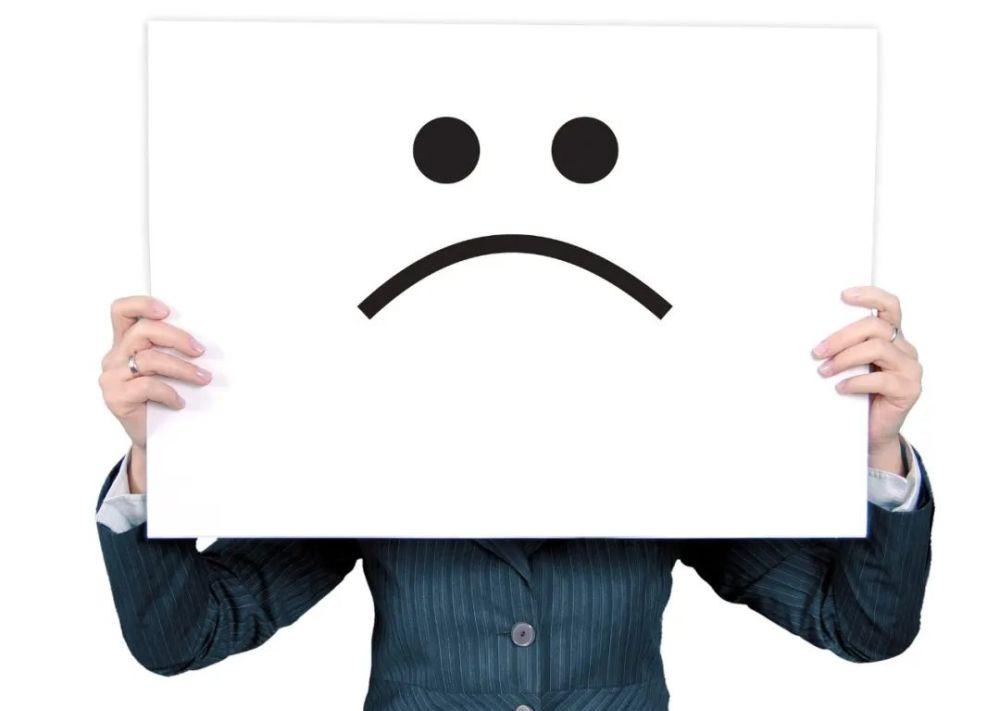A report last month caught my attention: How stressful is it for a child's mother to be diagnosed with cancer?
The report followed 120 mothers of children with cancer for a year. The results showed that stress-related inflammatory factors continued to increase over a period of one year from the time of diagnosis to the time of diagnosis [1].
This is a true portrayal of many cancer families. When a person in the family is diagnosed with cancer, he and his family will be under great pressure for a long time to come, and these pressures will change with the prognosis of the disease, such as treatment and progression.
Epidemiological studies have shown that stress, depression, and lack of social support are important risk factors for tumor progression [2].

Stress-related hormones directly affect tumor proliferation and progression
In the normal physiological environment, the body's sympathetic and parasympathetic nerves work together to maintain homeostasis. During a constant state of stress, the human sympathetic nervous system is activated, resulting in elevated levels of epinephrine and norepinephrine, dopamine release, and excessive release of glucocorticoids [3].
The release of these hormones can exert a direct effect on tumors by influencing the proliferation of tumor cells and at the same time influencing the expression of genes related to tumor progression.
Stress-related hormones indirectly affect tumors through the inflammatory microenvironment
Numerous studies have confirmed that chronic psychological stress is inextricably linked to the occurrence of inflammation. Chronic inflammation is the trigger for the development of cancerous lesions after abnormal tissue repair, and chronic stress can have an impact on the formation and development of tumors by inducing inflammatory microenvironments.
Chronic stress reduces immune function and promotes tumor growth
Chronic stress may be associated with decreased toxicity of natural killer cells and cytotoxic T cells, leading to the development of cervical cancer [4].
Chronic stress induces macrophages to release prostaglandins, which in turn increase tumor cells' production of vascular endothelial growth factor, leading to vascular remodeling and lymph node metastasis [5].
Chronic stress leads to an imbalance of helper T cells in the immune system of mice and significantly promotes the progression of colon cancer [6].
……
How can I tell if I'm under too much pressure?
In the field of psychology, there are special scales for testing stress levels that quantify abstract feelings, such as the PSTR Psychological Stress Scale, the Depression-Anxiety-Stress Scale (DASS-21), and so on.
But as a non-professional, how can you tell if you are stressed? Xiaobian lists the performance characteristics of psychological pressure as follows, and we can compare them with our own situation.
Emotional symptoms
Easy to be irritable, depressed and melancholy;
Feeling overwhelmed;
Difficulty relaxing and calming;
Dissatisfaction with oneself and feeling worthless;
Avoidance of others;
Swipe down to see all symptoms
Physiological symptoms
Lack of energy;
Headache, nausea, diarrhea, etc.;
Muscle pain and tension;
Chest pain and rapid heartbeat;
Insomnia;
Frequent colds and infections;
Loss of libido or sexual capacity;
trembling, tinnitus, chills in the hands and feet;
Dry mouth and difficult to swallow;
Chin tightening and teeth grinding.
Cognitive symptoms
Always worried;
Churning thoughts;
Easy to forget;
Difficulty concentrating;
Judgment difference;
It is easy to be pessimistic or only see the negative side of things;
Behavioral symptoms
Changes in appetite – not wanting to eat or eating too much;
Procrastination;
Increased alcohol consumption, medication or smoking;
Nervous behaviors such as nail biting, irritability, and pacing increase.
How to effectively relieve psychological stress?
In today's society, most people are experiencing and enduring pressures from all sides, and the persistence of these pressures is a risk factor for a variety of diseases, including two major diseases that seriously threaten human health: cardiovascular disease and tumors.
Therefore, everyone should learn to decompress themselves. First of all, we need to eliminate 2 misunderstandings:
The harm of small pressure cannot be ignored and should be mediated in a timely manner;
Stress isn't all bad, and there's no need to cling to eliminating it completely.
Here are a few effective ways to relieve stress [7], so give it a try.
How to relieve stress?
Effectively relieve stress caused by bad emotions through fitness exercises;
Get enough sleep;
Cry whenever you want, but not for more than 15 minutes;
Stress reduction by adjusting breathing or meditation;
Broaden your mind by reading.
bibliography
[1] Lindsay EK, et al. Stress-related inflammation and social withdrawal in mothers of a child with cancer: A one-year follow-up study. Psychosom Med. 2021 Dec 21.
[2] Antoni MH,Lutgendorf SK,Cole SW,et al. The influence of bio - behavioural factors on tumour biology:pathways and mech anisms[J]. Nat Rev Cancer,2006,6(3):240 -248.
[3] Hong H, Ji M, Lai D. Chronic Stress Effects on Tumor: Pathway and Mechanism. Front Oncol. 2021;11:738252. Published 2021 Dec 20.
[4] Byrnes DM, et al. Stressful Events, Pessimism, Natural Killer Cell Cytotoxicity, and Cytotoxic/Suppressor T Cells in HIV+ Black Women at Risk for Cervical Cancer. Psychosom Med (1998) 60:714–22.
[5] Le CP, et al. Chronic Stress in Mice Remodels Lymph Vasculature to Promote Tumour Cell Dissemination. Nat Commun (2016) 7:10634.
[6] Ahmad SF, et al. Stimulation of the Histamine 4 Receptor With 4-Methylhistamine Modulates the Effects of Chronic Stress on the Th1/Th2 Cytokine Balance. Immunobiology (2015) 220:341–9.
Zhang Zinan. How to carry out stress management[J].Everyone's Health, 2021(22):44-45.